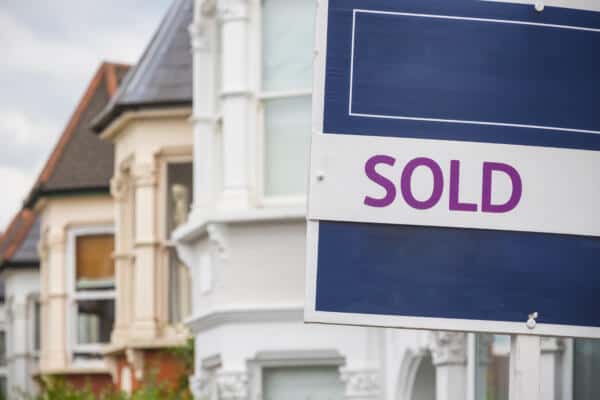Personal
Latest Personal News
-
What are my options if I can’t pay the Inheritance Tax due?
If a deceased persons estate is subject to an Inheritance Tax, it is the Personal Representatives (the executors or administrators) responsibility to pay the Inheritance Tax due.

-
Can you change solicitor during conveyancing?
As buying or selling a house is the largest financial transaction most people ever undertake, it is crucial that you appoint a conveyancing solicitor who meets your requirements in all respects.

-
When should I instruct a conveyancing solicitor?
Eager to get the conveyancing process underway? Find out when and how to instruct a conveyancing solicitor from the expert team of solicitors at Wilson Browne.

-
What Searches Do Conveyancing Solicitors Do?
Unsure which searches are required to buy a property? Learn more about conveyancing solicitor searches from the experts here at Wilson Browne Solicitors.

-
Can I Reduce My Council Tax?
Many people are unaware of the different types of benefits they are entitled to if they are disabled or live with someone who is. One that regularly goes unnoticed is Council Tax. Yazmin Cunningham explains more.

-
Finding the right conveyancing solicitors
Factors such as reputation, experience, convenience, lender exchange, and transparency over pricing all help you find the right conveyancing solicitor.

-
Dealing with Buildings Insurance in a Conveyancing Transaction
Buildings insurance is separate to contents insurance, it covers damage to the structure of the property rather than the personal contents within.

-
The Introduction of Material Information Guidance
What is Material Information?

-
What does the recent 2024 Spring Budget mean for Family Law?
What the recent 2024 Spring Budget means for Family Law

-
DIY Conveyancing: Should you do it yourself?
Considering turning your hand to conveyancing?











